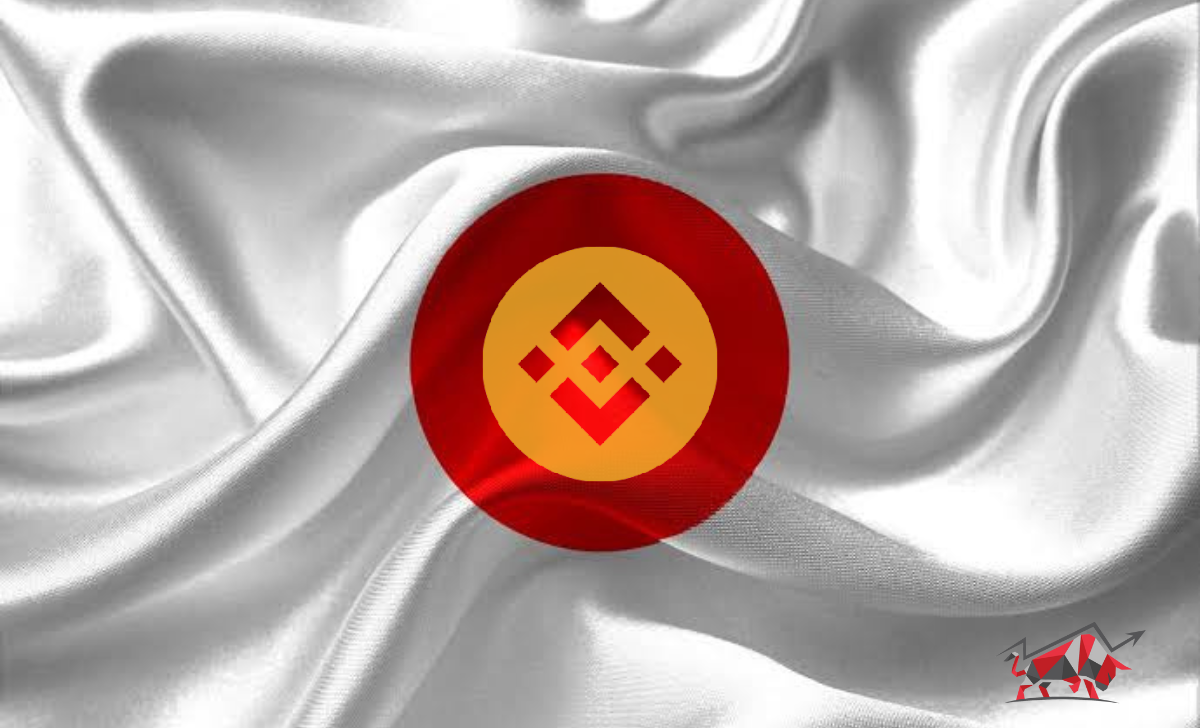Binance, the cryptocurrency exchange, is ready to re-enter Japan after acquiring the licensed cryptocurrency trading platform Sakura Exchange Bitcoin (SEBC). Binance purchased the exchange in November 2022, with the intention of reentering the Japanese crypto market.
According to a local daily, SEBC will suspend its current crypto exchange and brokerage services on May 31 and return as Binance Japan in June 2023. The SEBC notification made no mention of an official launch date. Currently, SEBC supports 11 trading pairs.
SEBC exchange users must remove their cash by the May 28 deadline. Any remaining funds in these accounts will be automatically converted to Japanese yen and transferred to users’ bank accounts by June 5. Binance Japan customers will have to undergo additional identity verification and Know Your Customer procedures.
Binance’s re-entry into Japan comes nearly five years after its initial petition for an independent license was rejected. Binance was forced to close its Japan operations in 2018 after banking officials warned it was operating without regulatory approval.
The world’s largest cryptocurrency exchange has experienced regulatory compliance concerns in over a dozen countries. However, the exchange platform has been able to mend fences with regulators in many countries where it has markets by acquiring stakes in regulated entities.
Japan Another Asian Target for Binance
Binance re-entered the Malaysian crypto sector before re-entering the Japanese market by obtaining a share in a licensed exchange platform. With an 18% interest in a regulated stock exchange, the exchange also re-entered the Singapore market. Similarly, despite authorities’ refusals, the crypto platform was able to get access to the United Kingdom’s pound payment network through a collaboration with Paysafe.
Japan was one of the first countries to enact crypto legislation. While the regulatory criteria were deemed stringent at the time, the government has since relaxed regulatory standards for crypto platforms, making it simpler to launch new crypto coins.



